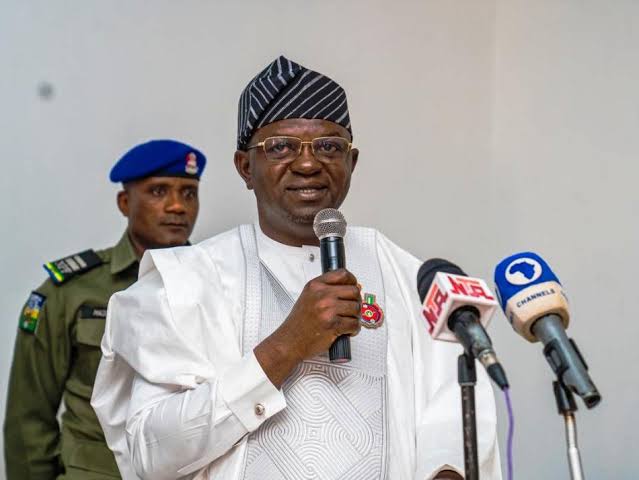Nigeria’s pursuit of sustainable development is intrinsically linked to ensuring access to safe water for all its citizens. This fundamental necessity, often taken for granted, remains a significant challenge in the country. The lack of access to safe water poses a severe threat to public health, contributing to preventable diseases like cholera, diarrhea, and typhoid. These waterborne illnesses not only impact individual well-being but also hinder productivity, disrupt education, and impede overall societal progress. The urgency of addressing this issue has been underscored by the alarming findings of the 2021 National WASHNORM report, which revealed widespread contamination of drinking water sources. Consequently, the need for collaborative action involving government, private sector, civil society, and development partners has become increasingly apparent.
Recognizing the crucial role of safe water in national development, the Nigerian government has embarked on several initiatives to combat water contamination and improve water quality. These include the development of a national roadmap for water quality management, the establishment of a network of water quality reference laboratories across the country, and ongoing monitoring of rivers and other open water bodies. These efforts are aimed at tracking progress towards the Sustainable Development Goals related to water and sanitation. Additionally, the government is focusing on freshwater restoration projects, formulating contingency plans for polluted water bodies, and implementing community-based water safety plans to engage local communities in protecting their water resources. Despite progress in expanding water infrastructure, ensuring the safety of water for consumption remains a critical challenge.
To further strengthen its efforts in addressing water quality issues, the government has embraced technology and forged partnerships to enhance surveillance and reinforce regulatory frameworks. The Nigeria Standard for Drinking Water Quality provides a benchmark for safe drinking water, while new guidelines for rural water monitoring ensure that even remote communities have access to safe water. The collaborative nature of these initiatives underscores the shared responsibility of all stakeholders in overcoming water quality challenges. The government’s commitment to partnering with organizations like Nestlé and others demonstrates a proactive approach to translating advocacy into tangible improvements in water safety and accessibility for all Nigerians.
Nestlé Nigeria has launched a Water Quality Advocacy Campaign, recognizing that access to safe water is not just a developmental issue, but a matter of survival and socio-economic stability. The campaign highlights the alarming statistics of over 113 million Nigerians lacking access to safe drinking water and the tragic loss of thousands of children annually due to waterborne diseases. The campaign emphasizes that “quality water is life,” urging collective action from all sectors of society, including government, industry, academia, civil society, and individuals. Through multi-platform media engagement and community outreach, the campaign aims to build a nationwide movement for water safety, collaborating with organizations like OPS-WASH and key ministries to disseminate vital information and promote best practices.
Nestlé’s commitment to water quality extends beyond advocacy, encompassing a broader approach to water stewardship. The company prioritizes not just access to water, but the quality of that water, realizing that only quality water can truly sustain life. Through its initiatives, Nestlé aims to equip families, schools, and communities with the knowledge and practices necessary to protect their health through safe hydration. The company’s commitment to sustainability is further demonstrated by its focus on recyclable packaging and its ambitious goal to certify all its sites under the Alliance for Water Stewardship Standard. This comprehensive strategy reflects a deep understanding of the interconnectedness of water quality, environmental sustainability, and human well-being.
The Nestlé Water Quality Advocacy Campaign has been hailed as a significant milestone by OPS-WASH, marking the first time a private organization has taken a leadership role in addressing water quality and governance. This initiative has garnered support for nationwide awareness-raising and collaboration, recognizing the urgent need for collective action. OPS-WASH, in partnership with professional women engineers and other organizations, will work to ensure that Nigerians understand the complex challenges surrounding water quality and are empowered with the knowledge and tools to address them effectively. This collaborative effort signifies a crucial step towards ensuring safe and sustainable water resources for all Nigerians.


